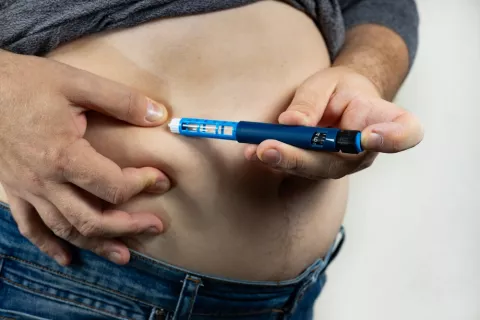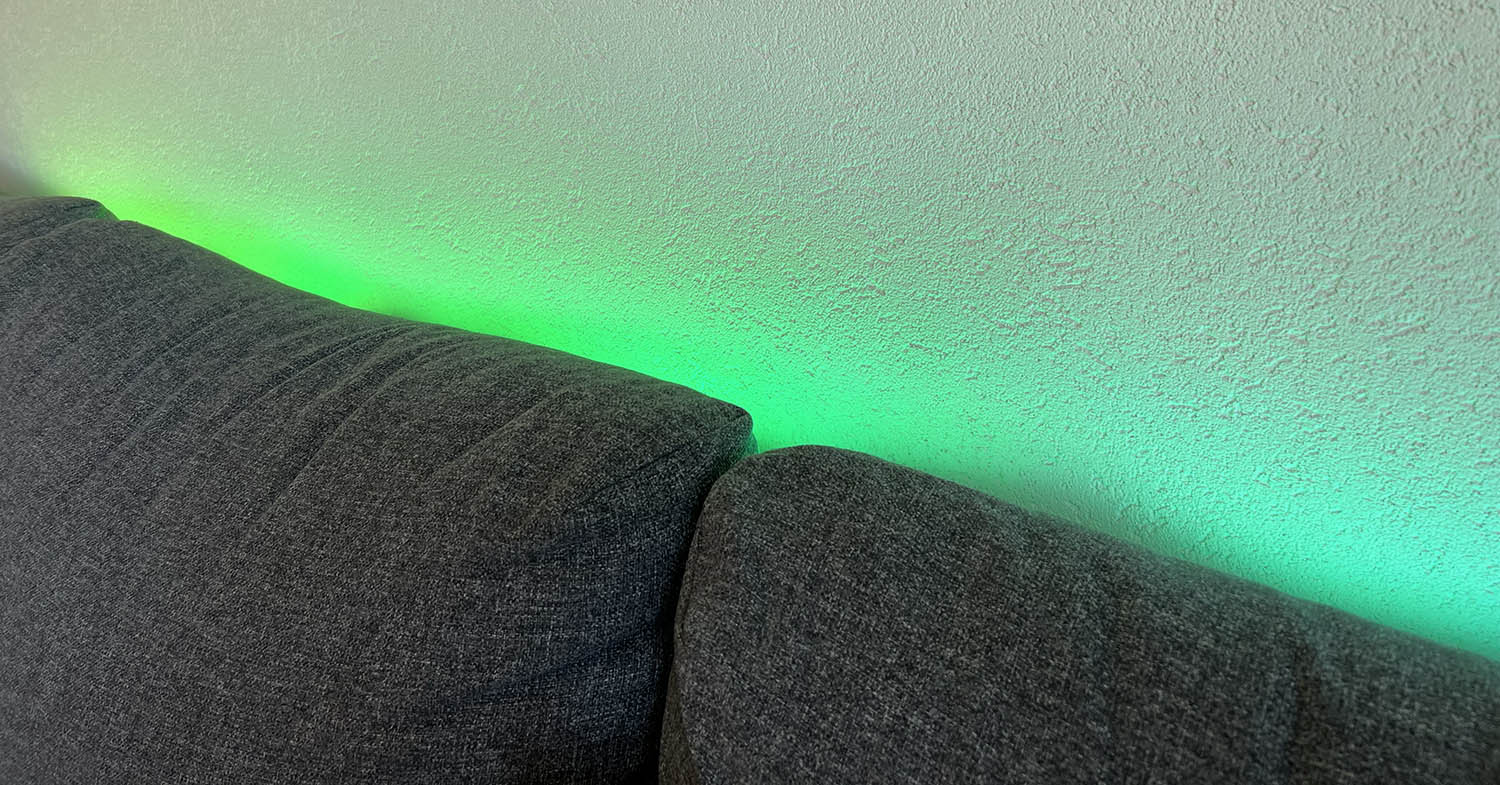Hot flashes are one of the most uncomfortable symptoms linked to the onset of menopause in women, and when they occur at night they are also linked to sleep disorders. Fezolinetant is a new drug that has been shown to be able to significantly reduce the frequency and severity of moderate to severe vasomotor symptoms (VMS) or hot flashes associated with menopause, according to an Astellas Pharma Inc.-sponsored phase 3 study that was presented on Saturday at ENDO 2022, the annual meeting of the Society of Endocrinology in Atlanta (USA).
The trial known as SKYLIGHT 2 consisted of a 52-week follow-up with the aim of investigating the safety and efficacy of fezolinetant (a neurokinin 3 receptor antagonist) on the frequency and severity of moderate to severe VMS and sleep disturbances. Mean change in patient-reported sleep disturbance from baseline to week 12 was a key secondary endpoint in the study.
“MSV associated with menopause, characterized by hot flashes or night sweats, affects millions of women worldwide and can affect daily activities and quality of life,” said Genevieve Neal-Perry, MD, Ph.D. ., Distinguished Professor and Chair of Obstetrics and Gynecology at the University of North Carolina School of Medicine at Chapel Hill.
The Phase 3 double-blind study randomized 501 postmenopausal women aged 40 to 65 years with an average of seven or more moderate-to-severe hot flashes/day to placebo or one of two once-daily doses of fezolinetant (30 mg or 45 mg ) for 12 weeks. In the extension period, those who received placebo were reassigned to fezolinetant 30 mg or 45 mg, and those who originally received fezolinetant remained on their dose for the remaining 40 weeks. The extension period analysis comprised 484 women.
Neal-Perry and colleagues evaluated the efficacy of fezolinetant compared to placebo and found an improvement in the frequency and severity of VMS through week 12. Both doses were associated with a statistically significant reduction in the frequency and severity of hot flashes, which was maintained throughout the study period –52 weeks–. The data support the overall safety and tolerability previously observed for fezolinetant at the 30 and 45 mg doses.
Those women who were reassigned from placebo to fezolinetant also experienced a reduction in the frequency and severity of their hot flashes consistent with women initially randomized to fezolinetant. The treatment also reduced sleep disturbance as assessed by the patient-reported outcome measurement information system.
“These results, along with other studies of fezolinetant, will be important in understanding the use of this oral non-hormonal selective NK3 receptor antagonist to treat moderate to severe VMS associated with menopause,” Neal-Perry concluded.
.









